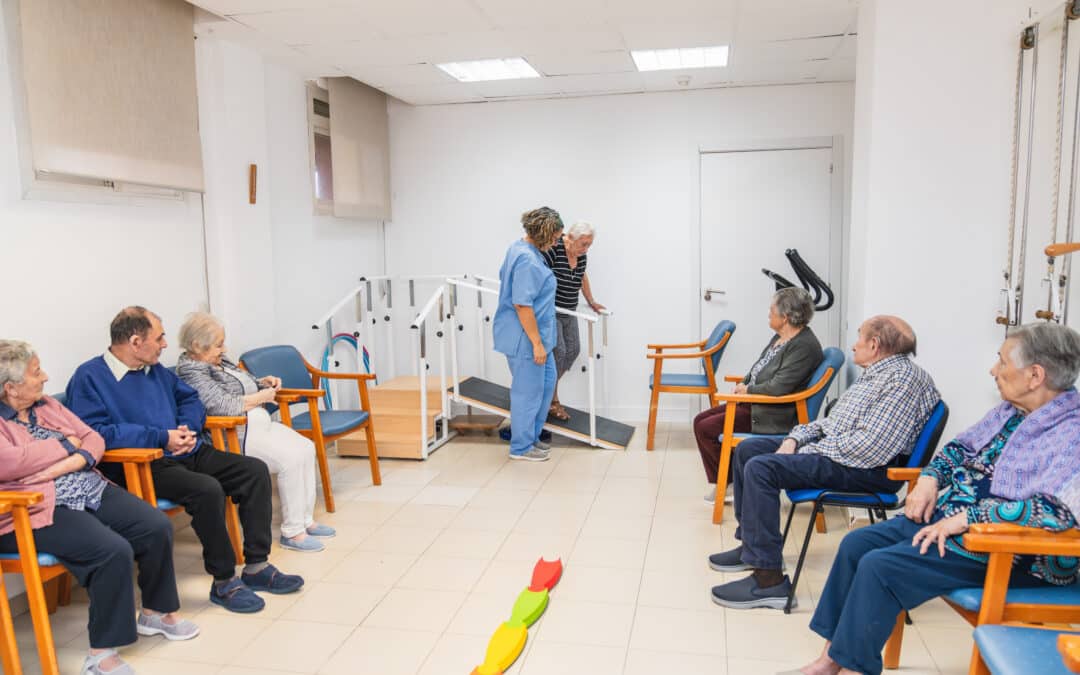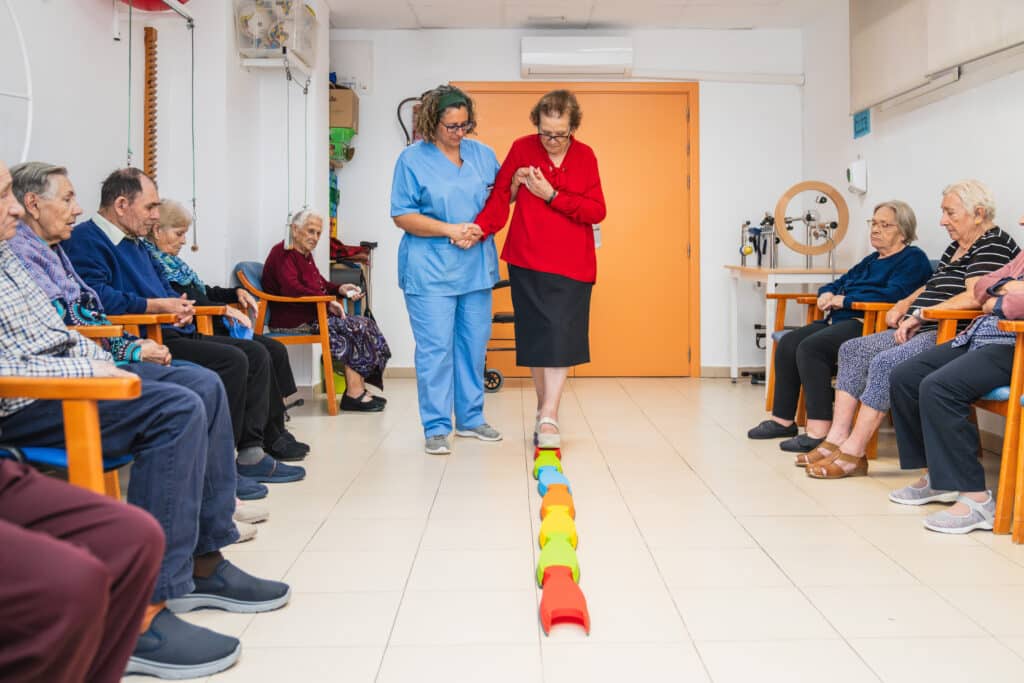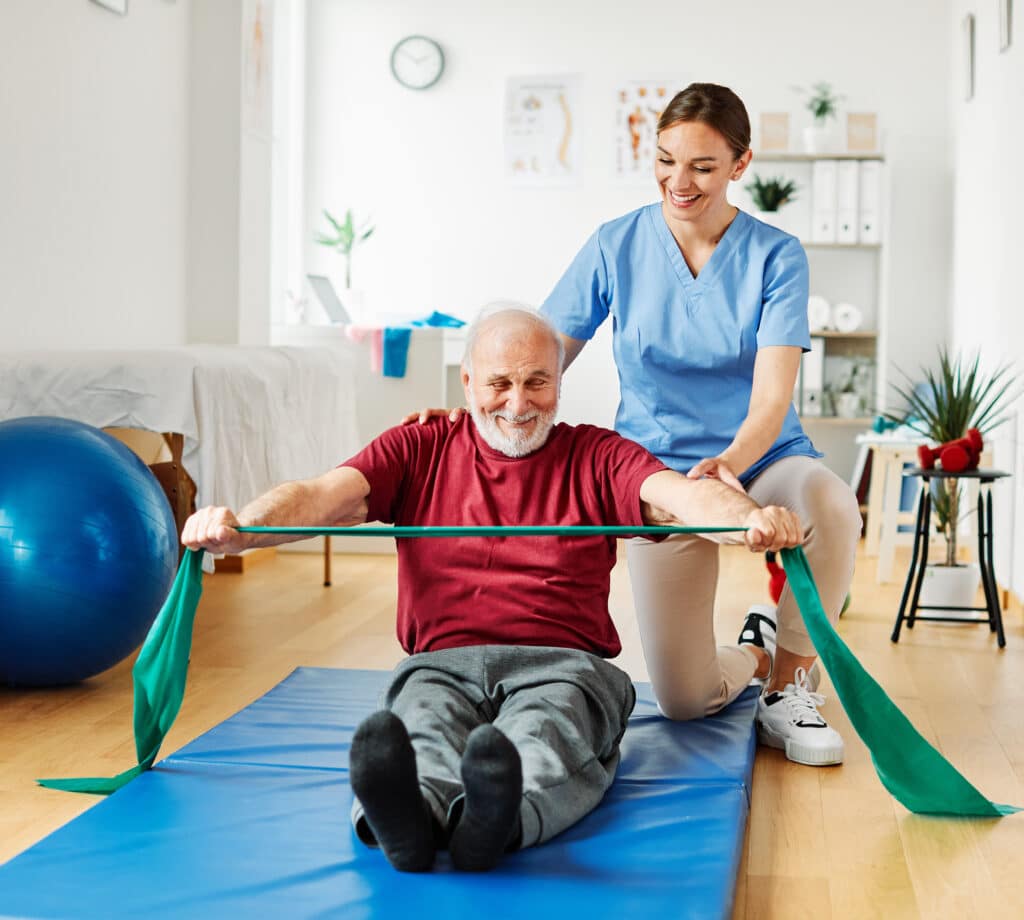As we get older, staying active becomes more of a challenge. Stiff joints, muscle weakness, and balance issues can make movement difficult, affecting confidence and overall well-being. This is where physiotherapy can make a real difference.
Why Mobility Matters in Later Life
Maintaining good mobility is essential for independence. Simple daily tasks such as walking, climbing stairs, or even getting in and out of a chair can become difficult over time. Reduced movement can lead to a loss of strength, making falls more likely and impacting overall health. Physiotherapy for elderly individuals helps keep muscles strong, joints flexible, and movement as pain-free as possible.
How Physiotherapy Supports Elderly Mobility
Physiotherapy is not just for those recovering from injury. It plays a key role in keeping older adults moving safely and comfortably. Through targeted exercises and techniques, physiotherapists help improve strength, coordination, and balance.
Some of the most common areas physiotherapy can help with include:
- Balance training – Exercises designed to reduce the risk of falls.
- Strength building – Helping maintain muscle function to support joints.
- Flexibility exercises – Keeping the body moving freely to prevent stiffness.
- Pain relief techniques – Managing discomfort caused by conditions like arthritis.
For those living in care homes, access to physiotherapy can mean the difference between staying active or becoming increasingly reliant on others for support. At Bernash, ensuring residents can move safely and comfortably is a priority, and physiotherapy plays an important role in this.
Common Conditions That Affect Mobility
There are several health conditions that can impact movement as we age. These include:
- Arthritis – Joint pain and stiffness can make walking difficult.
- Osteoporosis – Weaker bones increase the risk of fractures.
- Parkinson’s disease – Movement can become slower and less controlled.
- Post-surgery recovery – Rehabilitation after hip or knee replacements.
Physiotherapy for elderly individuals can help manage these conditions, improving strength and flexibility while reducing discomfort.
The Psychological Benefits of Staying Active
Mobility isn’t just about physical health. Being able to move freely supports mental well-being too. Staying active reduces feelings of isolation, boosts confidence, and improves overall mood. Simple exercises, such as seated stretches or short walks, can make a big difference.
Physiotherapists often work closely with care home teams to create exercise routines suited to each person’s needs. At Bernash, promoting movement in a safe and encouraging way is part of the personalised care residents receive.
Simple Ways to Stay Active
Even small changes to daily habits can help improve mobility. Some easy ways to keep moving include:
- Gentle stretching in the morning to loosen stiff joints.
- Short, frequent walks to maintain leg strength.
- Chair-based exercises for those with limited mobility.
- Standing up and sitting down slowly to improve leg muscles.
For those in care settings, structured exercise programmes led by physiotherapists can help ensure movement remains part of everyday life.
Getting the Right Support
Physiotherapy isn’t a one-size-fits-all approach. Everyone has different needs depending on their health, mobility levels, and personal goals. Working with trained professionals helps ensure the right exercises and techniques are used safely and effectively.
At Bernash, maintaining elderly mobility is an important part of our care. Whether it’s support with gentle movement or rehabilitation after surgery, ensuring residents can stay as independent as possible is a key focus.
Final Thoughts
Staying mobile in later life is vital for both physical and mental health. Physiotherapy offers practical ways to maintain movement, reduce pain, and improve confidence. With the right support, older adults can continue to enjoy a good quality of life, remaining as active and independent as possible for as long as they can.
If you’d like to learn more about how Bernash can support elderly mobility through physiotherapy and personalised care, please get in touch with us today. We’re here to help.




